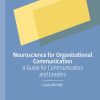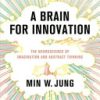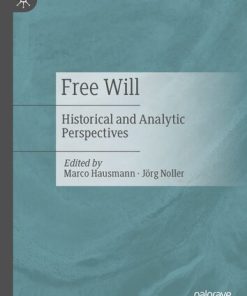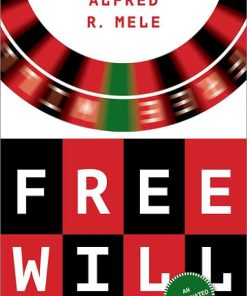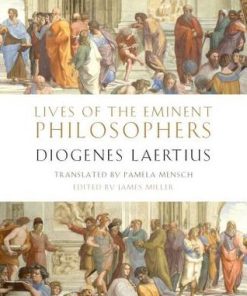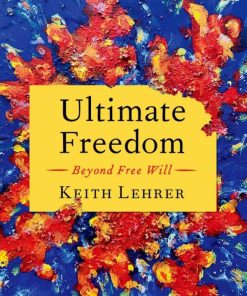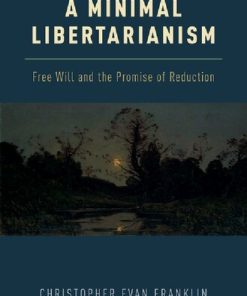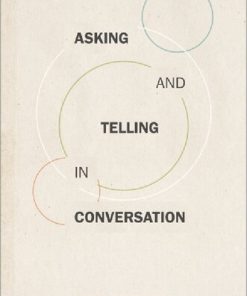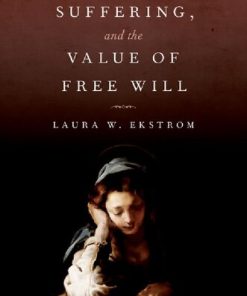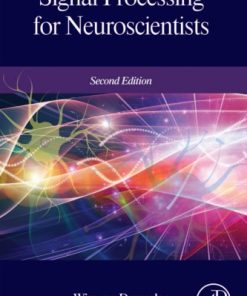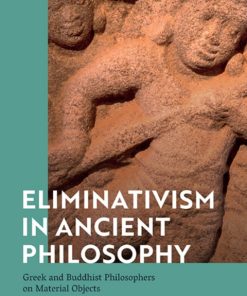Free Will Philosophers and Neuroscientists in Conversation 1st edition by Uri Maoz, Walter Sinnott-Armstrong 0197572184 9780197572184
$50.00 Original price was: $50.00.$25.00Current price is: $25.00.
Free Will: Philosophers and Neuroscientists in Conversation 1st edition by Uri Maoz, Walter Sinnott-Armstrong – Ebook PDF Instant Download/DeliveryISBN: 0197572184, 9780197572184
Full download Free Will: Philosophers and Neuroscientists in Conversation 1st edition after payment.
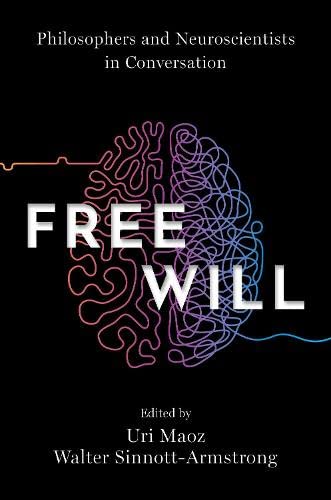
Product details:
ISBN-10 : 0197572184
ISBN-13 : 9780197572184
Author: Uri Maoz, Walter Sinnott-Armstrong
What is free will? Can it exist in a determined universe? How can we determine who, if anyone, possesses it? Philosophers have debated the extent of human free will for millennia. In recent decades neuroscientists have joined the fray with questions of their own. Which neural mechanisms could enable conscious control of action? What are intentional actions? Do contemporary developments in neuroscience rule out free will or, instead, illuminate how it works? Over the past few years, neuroscientists and philosophers have increasingly come to understand that both fields can make substantive contributions to the free-will debate, so working together is the best path forward to understanding whether, when, and how our choices might be freeThis book contains thirty bidirectional exchanges between neuroscientists and philosophers that focus on the most critical questions in the neurophilosophy of free will. It mimics a lively, interdisciplinary conference, where experts answer questions and follow-up questions from the other field, helping each discipline to understand how the other thinks and works. Each chapter is concise and accessible to non-experts-free from disciplinary jargon and highly technical details-but also employs thorough and up-to-date research from experts in the field. The resulting collection should be useful to anyone who wants to get up to speed on the most fundamental issues in the rising field of the neurophilosophy of free will. It will interest experts from philosophy or neuroscience who want to learn about the other discipline, students in courses on a host of related topics, and lay readers who are fascinated by these profound issues.
Free Will: Philosophers and Neuroscientists in Conversation 1st Table of contents:
Part I: Questions from Neuroscientists for Philosophers
Section I: Questions about will
1. What is an intention?
2. What is a will?
3. When is an action voluntary?
Section II: Questions about freedom
4. What is freedom?
5. What is free will?
6. Can there be free will in a determined universe?
7. Does free will come in degrees?
Section III: Questions about scientific evidence
8. How can we determine whether or not we have free will?
9. What kind of neuroscientific evidence, if any, could determine whether anyone has free will?
10. What kind of behavioral experiments, if any, could determine whether anyone has free will?
11. Can a robot with artificial intelligence have free will?
Section IV: Questions about consciousness
12. Do conscious decisions cause physical actions?
13. How is consciousness related to freedom of action or will?
Section V: Questions about responsibility and reasons-responsiveness
14. How is responsibility related to free will, control, and action?
15. What are reasons?
Part II: Questions from Philosophers for Neuroscientists
Section I: Questions about will
16. What are the main stages in the neural processes that produce actions?
17. Does the will correspond to any clearly delineated brain area or activity?
18. How are the neural processes for deciding when to move similar to and different from those for deciding what or how to move?
19. How are arbitrary and deliberate decisions similar and different?
20. How do higher-level brain areas exert control over lower-level brain areas?
Section II: Questions about intention
21. What are intentions and intentional actions?
22. What evidence is there that intentions are represented in the brain?
23. What is known about the neural correlates of specific beliefs and desires that inform human choices?
Section III: Questions about consciousness
24. How can we determine whether or not an agent is conscious of a bit of information relevant to an action?
25. Which neural mechanisms could enable conscious control of action?
26. How does the absence of a consensus about the neural basis of consciousness and volition affect theorizing about conscious volition?
Section IV: Questions about neuroscience methods
27. How can we determine the precise timing of brain events related to action?
28. How can we determine the precise timing of mental events related to action?
29. Are any neural processes truly random (or stochastic)?
30. How can computational models help us understand free will?
People also search for Free Will: Philosophers and Neuroscientists in Conversation 1st:
famous philosophers on free will
do we have free will neuroscience
free will neuroscience
free will neuroscience 2022
free will and science
Tags: Free Will, Philosophers, Neuroscientists, Conversation, Uri Maoz, Walter Sinnott Armstrong
You may also like…
Politics & Philosophy
Uncategorized
Biography & Autobiography - Historical
Politics & Philosophy - Anthropology
Uncategorized
Asking and Telling in Conversation 1st edition by Anita Pomerantz 0190927462 9780190927462
Politics & Philosophy - Anthropology


